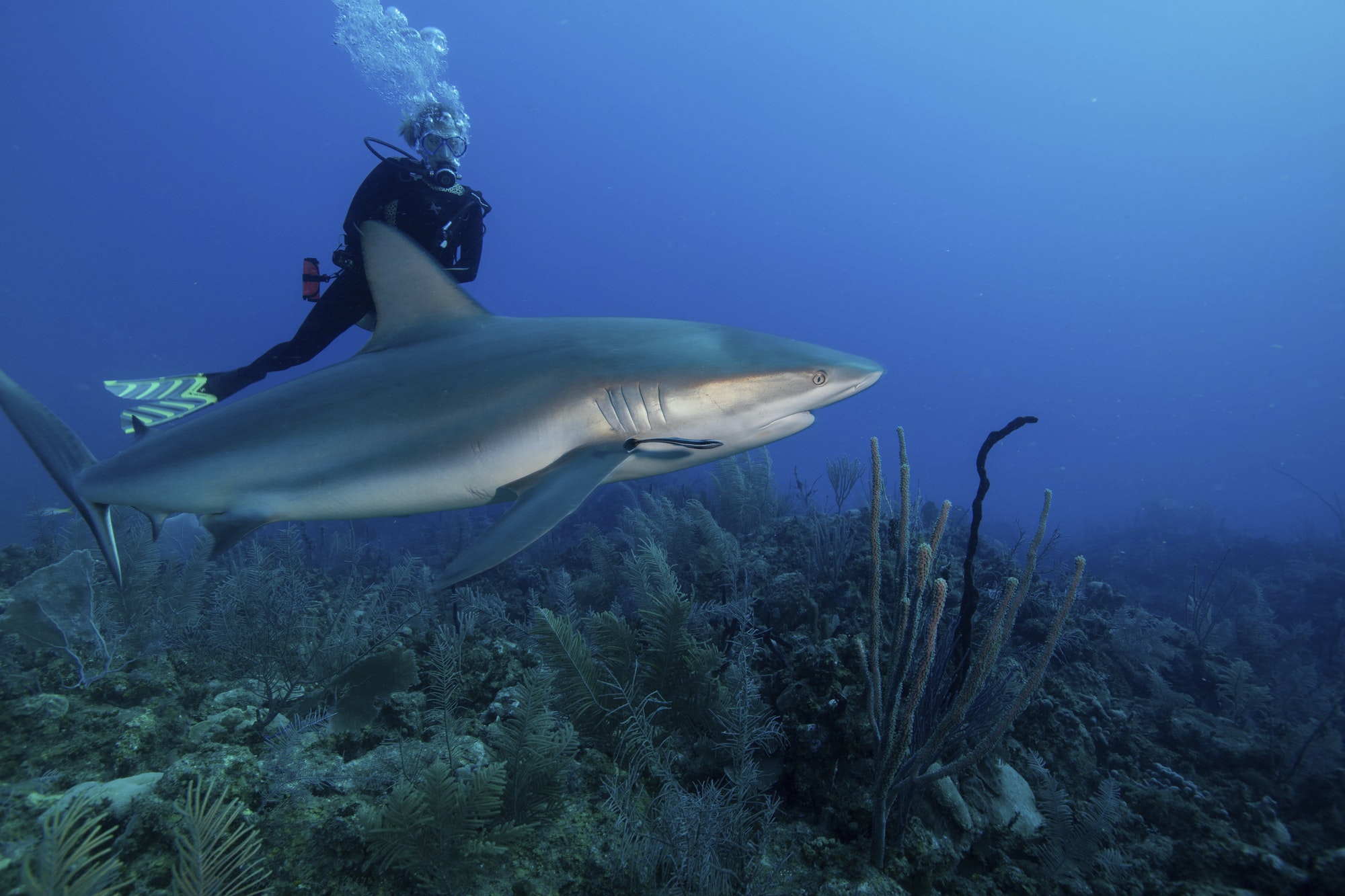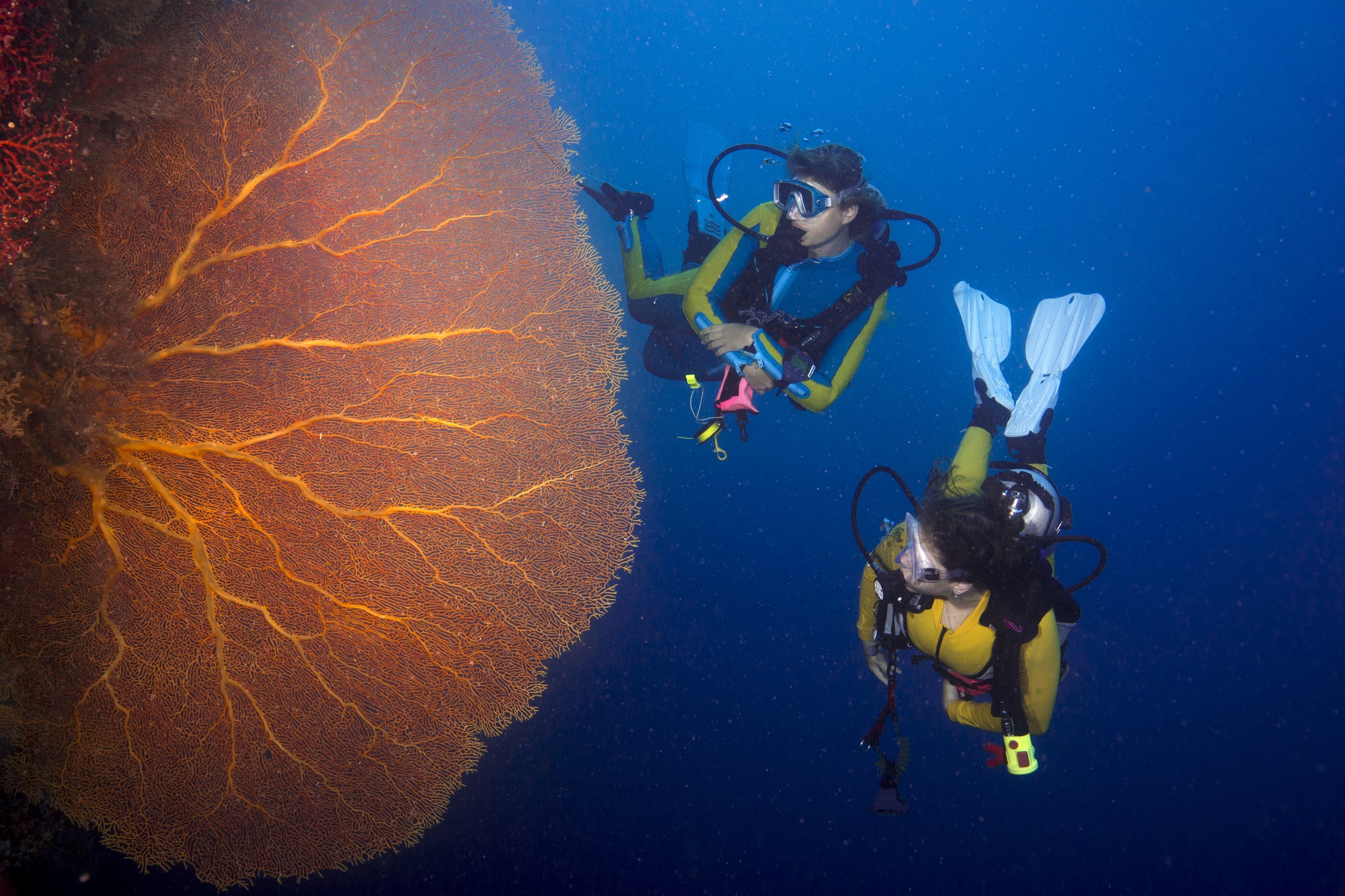When scuba diving, there are some basic rules that you should adhere to. You should wear the correct equipment and check it thoroughly. Bring a buddy and make a checklist before you head out into the water. Always remember your exit point, too. And if you do accidentally fall out of the water, you will know how to handle it. If you have any questions, check with your instructor or scuba diving club. A good scuba diving safety course is an essential part of any diving adventure.
Ascend slowly and watch your time. Holding your breath will cause your lungs to overexpand, leading to shortness of breath, pain and unconsciousness. Always stay below 15 meters, and don’t descend too fast. Make sure to stop every three minutes, too, to equalize your pressure. Be sure to keep your regulator at the ready in case of emergency. Do not take on too much weight, either. Scuba diving is extremely dangerous and should be done with the proper equipment.
Scuba diving rules include a backward roll entry. It means entering the water with your scuba gear on your back, holding on to your mask tightly. Always dive with a buddy, and remember to use a depth gauge and purge valve to clear water from the regulator. Always check your position before attempting any ascent. This will prevent any damage to reefs and improve your underwater enjoyment. If you are unsure of scuba diving safety rules, ask an experienced scuba diver or an instructor.
When scuba diving, check your tank pressure before every dive. Divers who fail to do so may end up in trouble, as they will have to perform a scape ascent, which can lead to decompression sickness. It is also important to communicate with your dive buddy to ensure that you are using the correct equipment for the dive. Then, your instructor will make sure that you are safe. Once you have completed your training, you will soon be a seasoned scuba diver.
Remember to always stay hydrated and healthy. Never dive beyond your capabilities or claustrophobic conditions. Also, you will endanger your dive buddy and your group if you are not in good health. To start learning to dive safely, look for a scuba diving course. There are many certification agencies available, so make sure to get the proper training before you go. You will learn the basic principles of diving and the skills needed to dive safely.
While scuba diving, you must never hold your breath underwater. Holding your breath will not decrease air consumption or lengthen the dive. It will increase carbon dioxide in your lungs. And this can be dangerous, as it can lead to a feeling of starvation and can even damage your lungs. You should always check the current conditions before diving. This way, you’ll be aware of any potential hazards that could arise.

